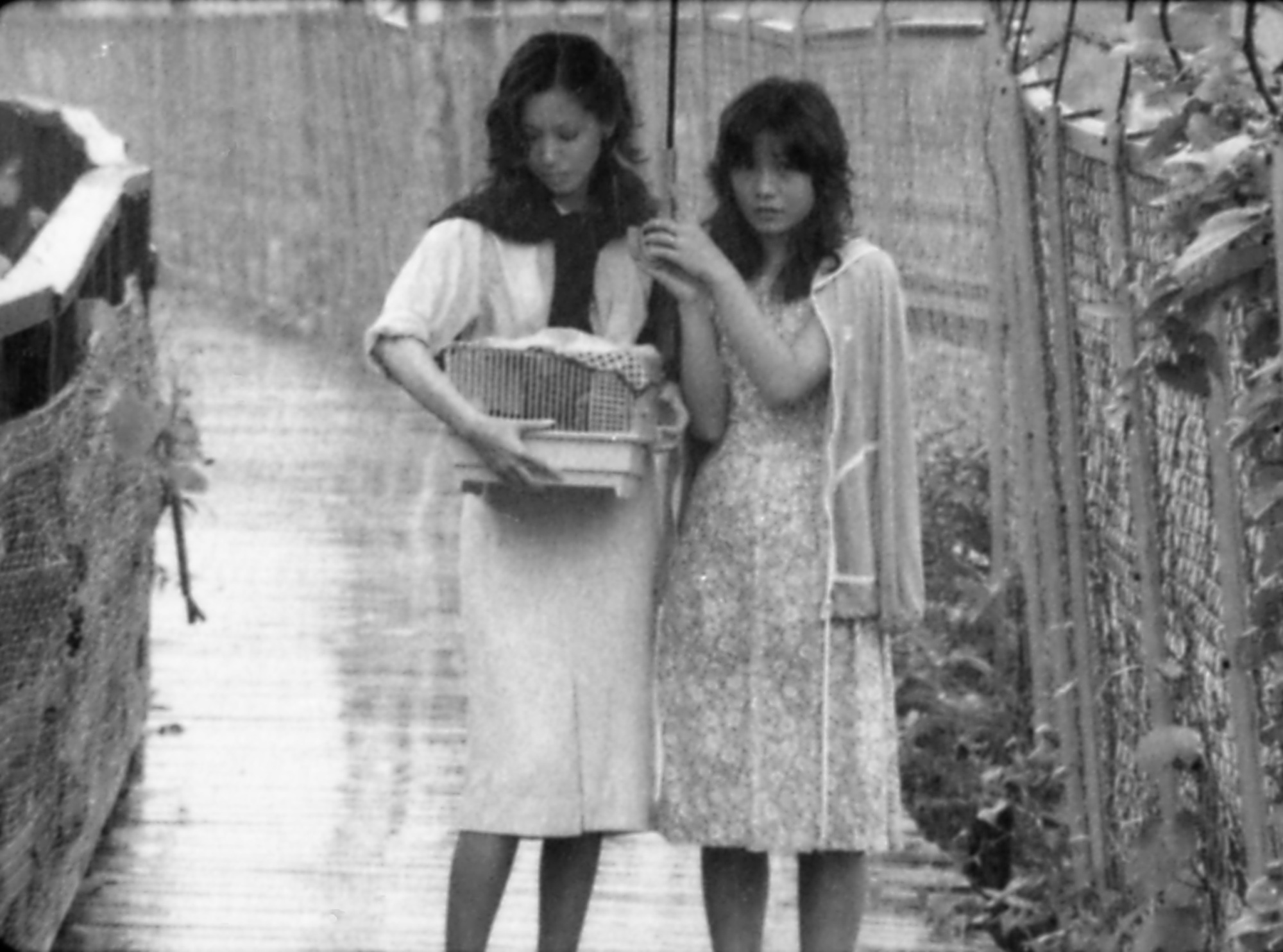What was Japan's first LGBTQ-themed film? One often-mentioned candidate is Keisuke Kinoshita's 1959 melodrama "Farewell to Spring," though more for the emotional ties between its young male protagonists than anything explicitly erotic. More upfront in its treatment — and more critically acclaimed — is Toshio Matsumoto's "Funeral Parade of Roses" (1969), a free-form reworking of the Oedipus myth set in the countercultural milieu of go-go-era Tokyo and starring pioneering gay multitalent Shinnosuke Ikehata, aka Peter.
More than a decade later, Hitoshi Yazaki's "Afternoon Breezes" ("Kazetachi no Gogo") also broke new ground with its story of a young lesbian's unrequited love for her straight roommate. This infatuation drives her to desperate acts, such as sleeping with the roomie's libertine boyfriend to force a breakup and, when that fails, stalking the roommate herself. The heroine — the wide-eyed Natsuko (Setsuko Aya) — is clearly deluded about her chances with the roommate — the cool, stylish Mitsu (Naomi Ito), but can't help dreaming of romance in the sultry Tokyo summer.
Shot by Yazaki when he was still a student in the film program at Nihon University, the film was short on the eros found in the era's softcore pornography, but set a house record after it opened at Tokyo's Image Forum theater in December 1980. It subsequently played around the country and at festivals abroad.



